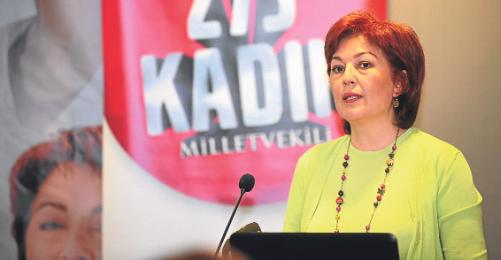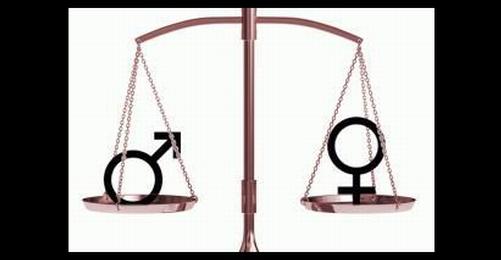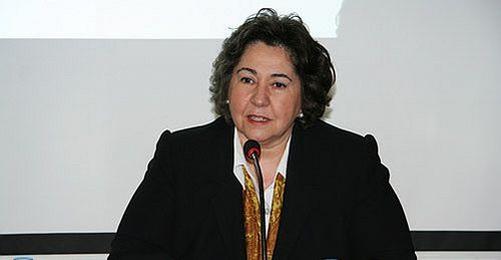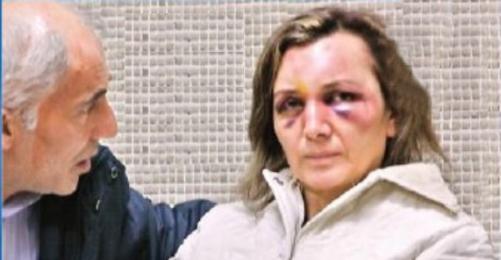The government has prepared a plan to "prevent inequality between students on entrance to universities." The proposed plan would enable graduates of preacher schools to study any major in any university.
"In a secular system, religion should not be a public duty but an individual field handled by non-governmental organizations," said Dink, adding that he was against the state interfering in religion in any way.
He said he was also against the "Diyanet," which is the Department of Religious Affairs in Turkey.
"The taxes we pay to state"
Dink said that in a secular system, the function of the state should be limited with guaranteeing its citizens' freedom of religion. He reminded the fact that the budget for the Department of Religious Affairs was more than the budget for some ministries.
"Why am I contributing to a faith I don't believe in through paying taxes? Or why should a Muslim contribute to Christianity in which he/she does not have faith?" asked Dink.
"The fact that only a part of the society benefits of the Department of Religious Affairs is a problem, but even if everyone benefited from it, this ethical problem would not be solved," he added.
Dink argued that religions should manage their own service fields and they should meet their own needs.
"I don't want Islam to go anywhere through the taxes I pay, the same way I don't want my religion to go anywhere with the taxes a Muslim pays," said Dink.
"A system should be created where each religious circle meets its own demands within itself."
Religious education at temples, not schools
Dink objected to religious education at schools. But if religion has to have a place in the education system, the experts of that religion should give this education, he said.
"I argue that there should not be religious education at our schools. Every temple should provide its own religious education," said Dink.
Dink, who believes religion, cannot be counted as a professional field, said, "religion is a faith. Instead of discussing religious education at schools, they should be discussing how to train religious officials," he said.
"For this, religions should be granted a special right and they should be free to decide how to raise their own religious officials. The state should not have to open or close schools for this," Dink added. (BB/EA/NM)









